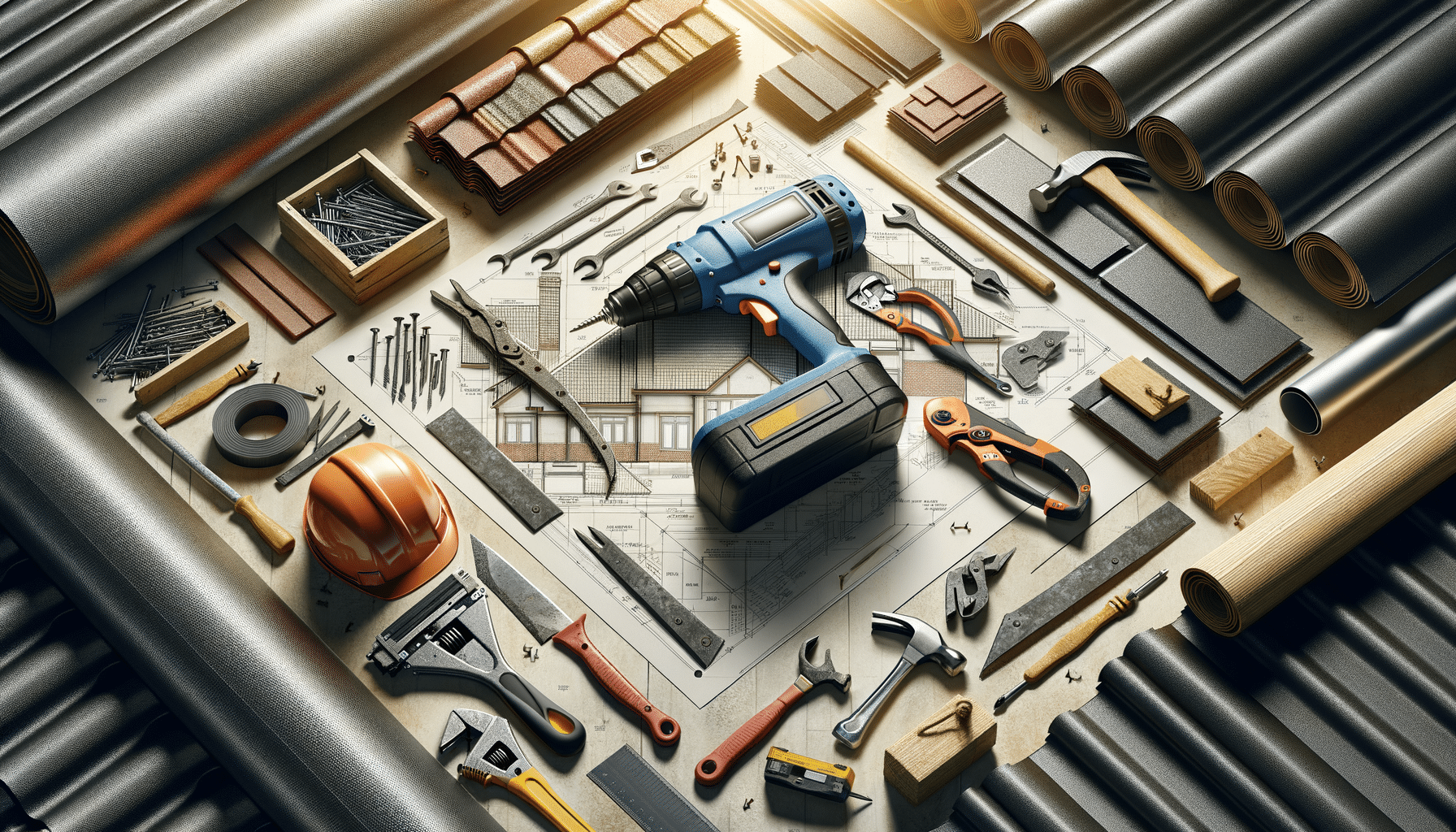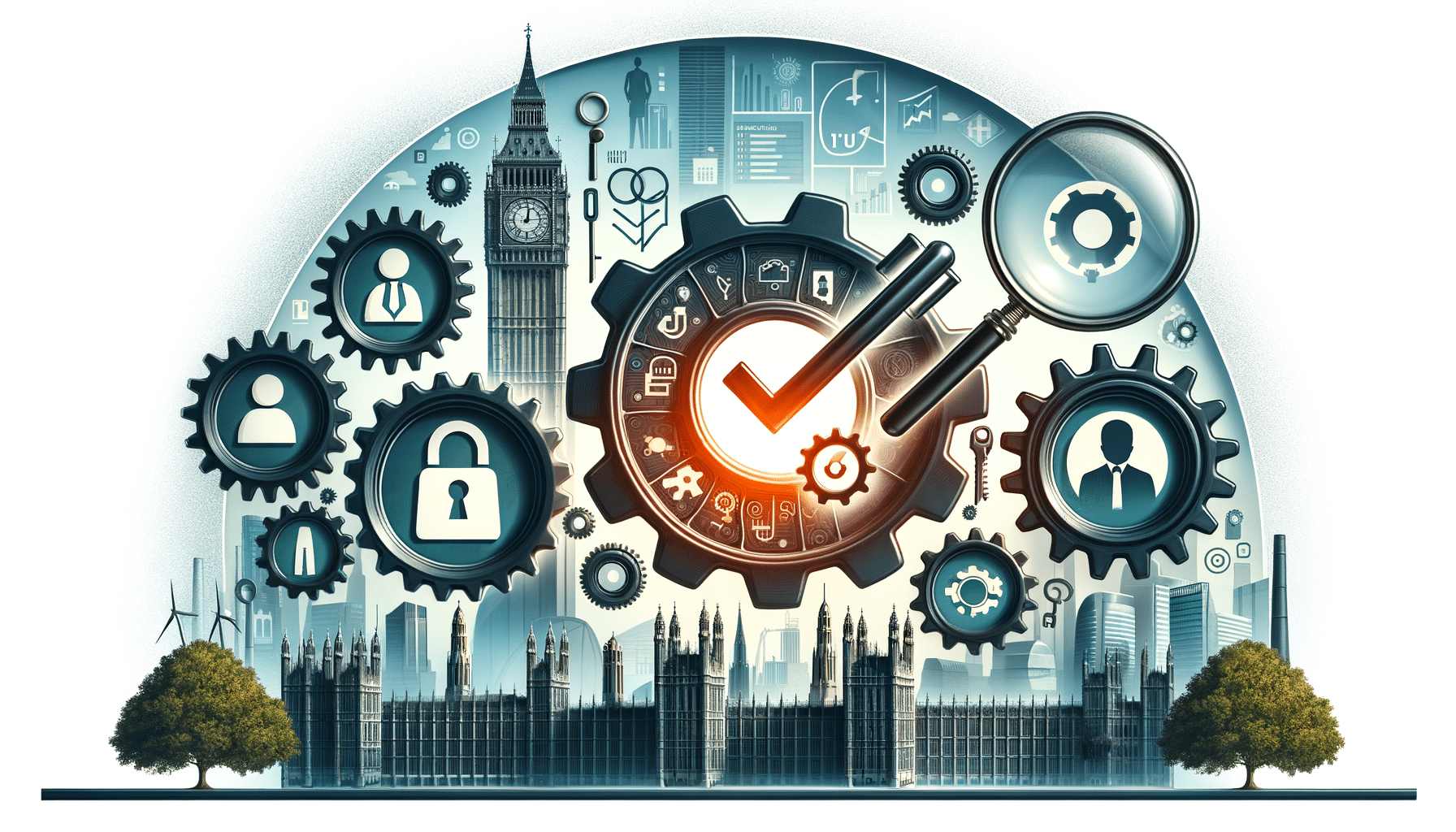
Exploring commercial roofer options for roof replacement
The Importance of Choosing the Right Commercial Roofer
When it comes to roof replacement, selecting the right commercial roofer is crucial for ensuring the longevity and performance of your roof. A well-installed roof not only protects the building but also enhances its aesthetic appeal and energy efficiency. Given the significant investment involved in roof replacement, it’s essential to explore commercial roofer options thoroughly to make an informed decision.
Choosing a commercial roofer involves considering several factors, including their experience, reputation, and the materials they use. Experienced roofers bring a wealth of knowledge and skills, ensuring that the roof is installed correctly and can withstand various environmental conditions. Additionally, a roofer’s reputation often reflects their commitment to quality and customer satisfaction.
It’s also vital to consider the types of materials a roofer offers. Different materials have varying lifespans, costs, and maintenance requirements. A reputable commercial roofer will provide guidance on the best materials for your specific needs, balancing cost with durability and performance. By carefully evaluating these factors, you can select a roofer who will deliver exceptional results, ensuring your roof replacement is a sound investment.
Understanding Different Roofing Materials
The choice of roofing material plays a significant role in the overall performance and lifespan of a roof. Commercial roofers often offer a variety of materials, each with unique benefits and drawbacks. Understanding these options can help you make an informed decision when planning a roof replacement.
Some of the most common roofing materials include:
- Asphalt Shingles: Known for their affordability and ease of installation, asphalt shingles are a popular choice for many commercial properties. They offer decent durability and come in a range of colors and styles.
- Metal Roofing: Metal roofs are renowned for their longevity and resistance to harsh weather conditions. They are energy-efficient and require minimal maintenance, making them a cost-effective option in the long run.
- Single-Ply Membranes: These are lightweight and easy to install, providing excellent waterproofing and flexibility. They are ideal for flat or low-slope roofs commonly found in commercial buildings.
- Built-Up Roofing (BUR): BUR systems consist of multiple layers of bitumen and reinforcing fabrics, offering excellent durability and protection against UV rays and weathering.
Each material has its advantages, and the choice largely depends on factors such as budget, climate, and the building’s architectural style. Consulting with a knowledgeable commercial roofer can help you determine the most suitable material for your roof replacement project.
Evaluating Commercial Roofer Credentials
Before committing to a commercial roofer, it’s essential to evaluate their credentials to ensure they are qualified and reliable. This step is crucial in avoiding potential pitfalls and ensuring a successful roof replacement project.
Start by checking the roofer’s licensing and insurance. A licensed roofer has met the necessary industry standards and regulations, while insurance protects you from liability in case of accidents or damages during the project. It’s also wise to ask for references or reviews from previous clients to gauge their satisfaction with the roofer’s work.
Another important aspect to consider is the roofer’s experience with similar projects. A roofer with a proven track record in handling commercial roof replacements is more likely to deliver quality results. Additionally, inquire about any warranties or guarantees they offer on their work, as this can provide peace of mind and protection against future issues.
By thoroughly assessing a roofer’s credentials, you can make an informed decision and select a professional who will meet your expectations and deliver a high-quality roof replacement.
The Role of Technology in Modern Roofing
Technology has significantly transformed the roofing industry, enhancing the efficiency and accuracy of roof replacement projects. Modern commercial roofers often leverage advanced tools and techniques to deliver superior results and improve customer satisfaction.
One of the most notable technological advancements is the use of drones for roof inspections. Drones provide a bird’s-eye view of the roof, allowing roofers to identify issues and assess the condition of the roof without the need for physical inspection. This not only saves time but also ensures a more comprehensive assessment.
Additionally, many commercial roofers now use software for project management and communication. These tools streamline the planning and execution of roof replacement projects, ensuring that all aspects are coordinated efficiently. Clients can also track the progress of their projects in real-time, enhancing transparency and communication.
Furthermore, advancements in roofing materials, such as energy-efficient coatings and reflective membranes, have improved the performance and sustainability of commercial roofs. These innovations help reduce energy consumption and extend the lifespan of the roof, providing long-term benefits for building owners.
By embracing technology, commercial roofers can offer more efficient and effective services, ensuring that roof replacement projects are completed to the highest standards.
Cost Considerations for Roof Replacement
Roof replacement is a significant investment, and understanding the cost considerations involved is essential for effective budgeting and planning. Several factors influence the overall cost of a roof replacement project, and being aware of these can help you make informed decisions.
Key cost considerations include:
- Material Costs: The choice of roofing material has a substantial impact on the overall cost. While some materials, like asphalt shingles, are more affordable, others, such as metal or single-ply membranes, may have a higher upfront cost but offer long-term savings in maintenance and energy efficiency.
- Labor Costs: The complexity of the roof replacement project and the roofer’s experience can affect labor costs. More intricate designs or challenging installations may require additional time and expertise, increasing labor expenses.
- Roof Size and Pitch: Larger roofs or those with steep pitches typically require more materials and labor, leading to higher costs.
- Additional Services: Some projects may involve additional services, such as roof insulation or gutter installation, which can add to the overall cost.
It’s crucial to obtain detailed estimates from multiple commercial roofers to compare costs and services. While it’s important to consider budget constraints, prioritizing quality and reliability can prevent costly repairs and replacements in the future. By understanding the cost considerations, you can plan your roof replacement project effectively and ensure it aligns with your financial goals.
